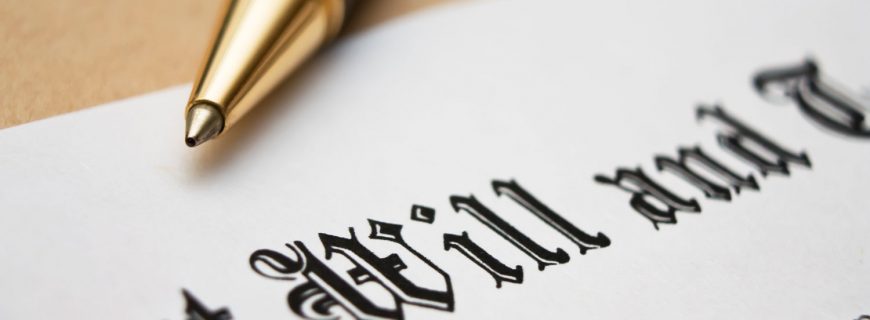
Estate Planning
Estate planning is the process of deciding what will happen to your property when you die. That simple explanation describes the end result of estate planning. The process begins, however, with a very personal question: How do I provide for the people that I care about after I’m gone? The answer to that question will determine what form your estate plan will take.
Documents used in creating estate plans typically include Wills, trusts and powers of attorney. Everyone should have a Will. A trust can be very useful, in the right circumstances. Some, but not all, estate plans may include both. Sometimes, a trust can be created in a Will, to take effect only on death. Other trusts can be created during a person’s lifetime and can be used to manage that person’s property while he or she is living. Estate planning documents may also include medical directives, advance designations of guardians (especially for minor children) and funeral directives. Reviewing and revising beneficiary designations on life insurance, retirement assets, bank accounts and brokerage accounts may also be part of the estate planning process. In the right circumstances estate planning can also involve the use or formation of business entities, such as corporations, limited liability companies and partnerships.
